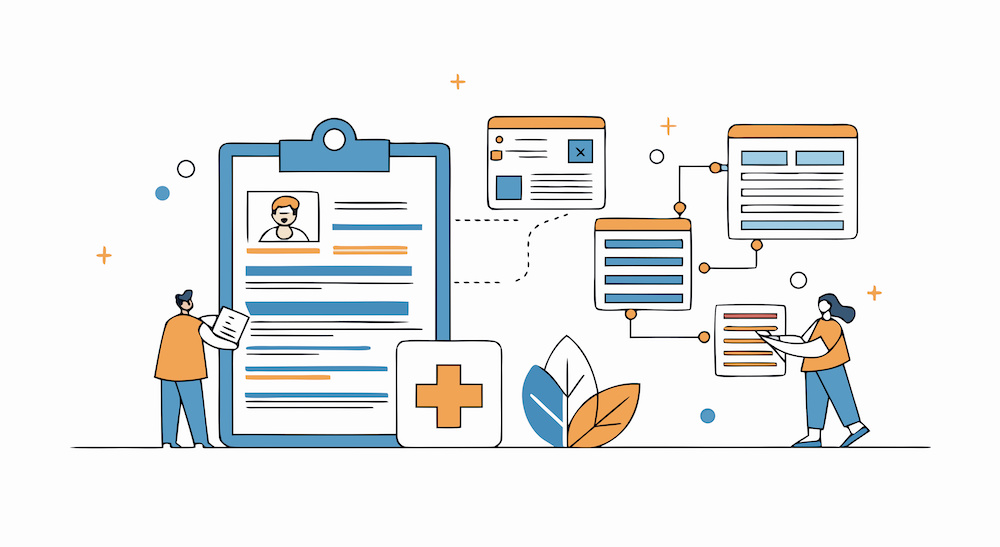What to know about information-blocking regulations
HHS plans to ‘crack down’ on actions that interfere with health information access

The U.S. Department of Health and Human Services announced Sept. 3 that it plans to “crack down” on information blocking.
The 21st Century Cures Act of 2016 prohibits information blocking, which consists of practices that are likely to interfere with the access, exchange or use of electronic health information, except as required by law or covered by an exception. The Cures Act applies to health care providers, including dentists.
The Office of the Assistant Secretary for Technology Policy/Office of the National Coordinator for Health Information Technology and the HHS Office of Inspector General are authorized by the Cures Act to take actions against violators and will play leading roles in this enforcement initiative, according to the HHS news release.
“Dental practices need to understand their responsibilities under the law, but this is also about making daily practice easier,” said Jennifer Thompson, D.D.S., vice chair of the ADA Council on Dental Practice. “Patients have a right to access their health information, and being prepared to respond promptly means reviewing systems, training our teams and having clear protocols in place. When we stay proactive, these requests are easier to manage, patients feel well cared for, and the office runs more smoothly.”
Health data subject to information-blocking regulations includes individually identifiable health information maintained or transmitted by electronic media and included in one of the following groups of records: a provider’s medical and billing records about individuals; enrollment, payment, claims adjudication, and care or medical management records maintained by or for a health plan; and records used in whole or in part to make decisions about individuals. This includes data elements such as allergies and intolerances, assessments and plans of treatment, care team members, clinical notes, patient goals, medications, patient demographics, problems, procedures, provenance, smoking status, and vital signs.
There are exceptions to the regulations. Those subject to the Cures Act can deny requests when necessary to prevent harm, protect patients’ privacy or protect information security; when a request is infeasible; or when IT maintenance requires health information to be temporarily unavailable. Other exceptions allow subjects to limit the manner in which they fulfill requests, charge reasonable and cost-based fees when fulfilling requests, license interoperability elements, and fulfill certain requests exclusively via the Trusted Exchange Framework and Common Agreement.
In order for actions to be considered information blocking, health care providers also must know they are unreasonable and likely to interfere with the access, exchange or use of electronic health information.
Dentists could face fines if an investigation determines they committed information blocking. Those who participate in certain Centers for Medicare & Medicaid Services programs could also be subject to disincentives under those programs.
The American Dental Association offers a fact sheet on information blocking and interoperability that addresses questions dentists may have on compliance. A webinar from the Office of the National Coordinator for Health Information Technology is also available on the ADA’s YouTube page. “Advancing Information Sharing and Understanding the Information Blocking Regulations” covers key aspects of information-blocking regulations and explains how the Cures Act applies to dental practices.
For more information on information blocking, visit healthit.gov/informationblocking.



